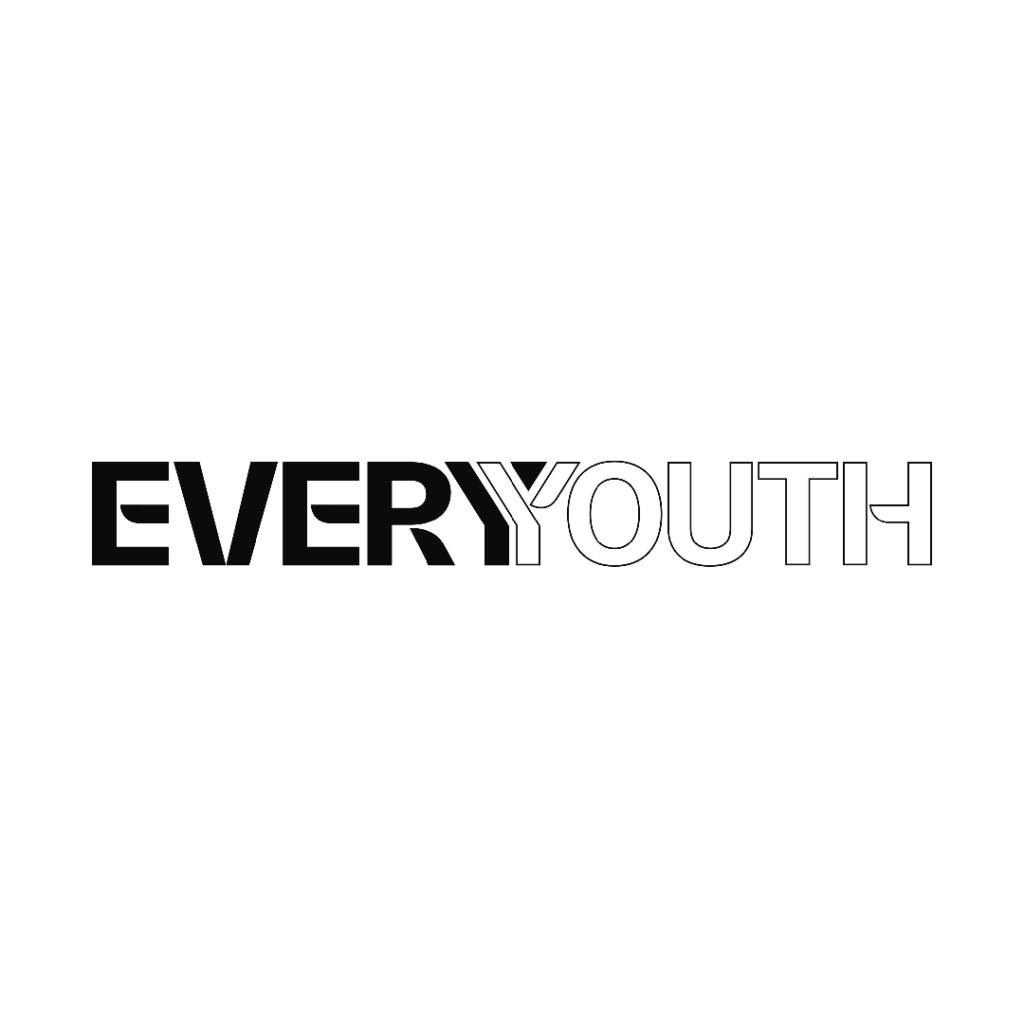Many view January as an opportunity for a fresh start, aiming to set goals and make significant life changes for the new year.
But research from Mental Health UK indicates that 90% of us do not fulfil our New Year’s resolutions for many reasons, one of which may be that setting resolutions is viewed as a tradition rather than a genuine motivation for achieving sustainable goals.
Sticking to goals is often difficult. Imagine being a young person who is experiencing homelessness. They may find goal-setting challenging, particularly because their lives have been drastically disrupted.
At EveryYouth, we believe that every young person has the ability to thrive. Although young people may struggle with fear of failure, peer pressure and feelings of inadequacy, our Network of delivery partners across the UK help young people to navigate challenging periods of homelessness and work towards independent living.
This provides young people with necessary support and reassurance so they can also recognise their potential.

Here are some practical ways to set and track achievable goals for the year ahead, whether you are a young person within our Network or an EveryYouth supporter:
It is crucial to avoid focusing on the ‘big picture’ as this may divert attention from achieving smaller goals in the short term, which contribute towards larger aspirations.
An alternative approach to the SMART framework is the WOOP tool, which focuses on positivity and assists in outlining more manageable goals.
For example:
Wish: “What is your wish, which is challenging yet feasible?”
Example: I wish to live independently or to be promoted in my job.
Outcome: “What would be the best outcome of fulfilling your wish?”
Example: I would be able to support myself and move out of supported accommodation.
Obstacle: “What is holding you back from the fulfilment of your wish?”
Example: I am uncertain about my future direction. I do not believe I am capable. I question the purpose of my efforts.
Plan: “What actions can you take to overcome your obstacle?”
Example: I can identify activities that I enjoy. I can apply for one job each week that aligns with my interests. I can learn to budget my money. I can take responsibility for things that are important to me.
One way to track your achievements is to keep a daily record of them, regardless of how minor these accomplishments seem to others. Write what you managed to do that day, such as getting dressed or making a difficult phone call.
This method can lead to greater positivity and a sense of fulfilment on days when you could be struggling with motivation and energy levels.
The practice of reflection is also an important element of goal setting that is often overlooked.
It is important to allocate time for reviewing, evaluating and potentially adjusting goals as necessary. Don’t be too hard on yourself; it’s acceptable for goals to evolve and change based on shifting circumstances.
At EveryYouth, we are dedicated to providing the support needed to help young people recognise and achieve their potential.
Remember, the journey towards independent living is a gradual process, and each step forward, no matter how small, is an achievement! Together, we can empower young people to overcome their obstacles and build a brighter future.
Interested in supporting our young people? Find out how you can get involved.
